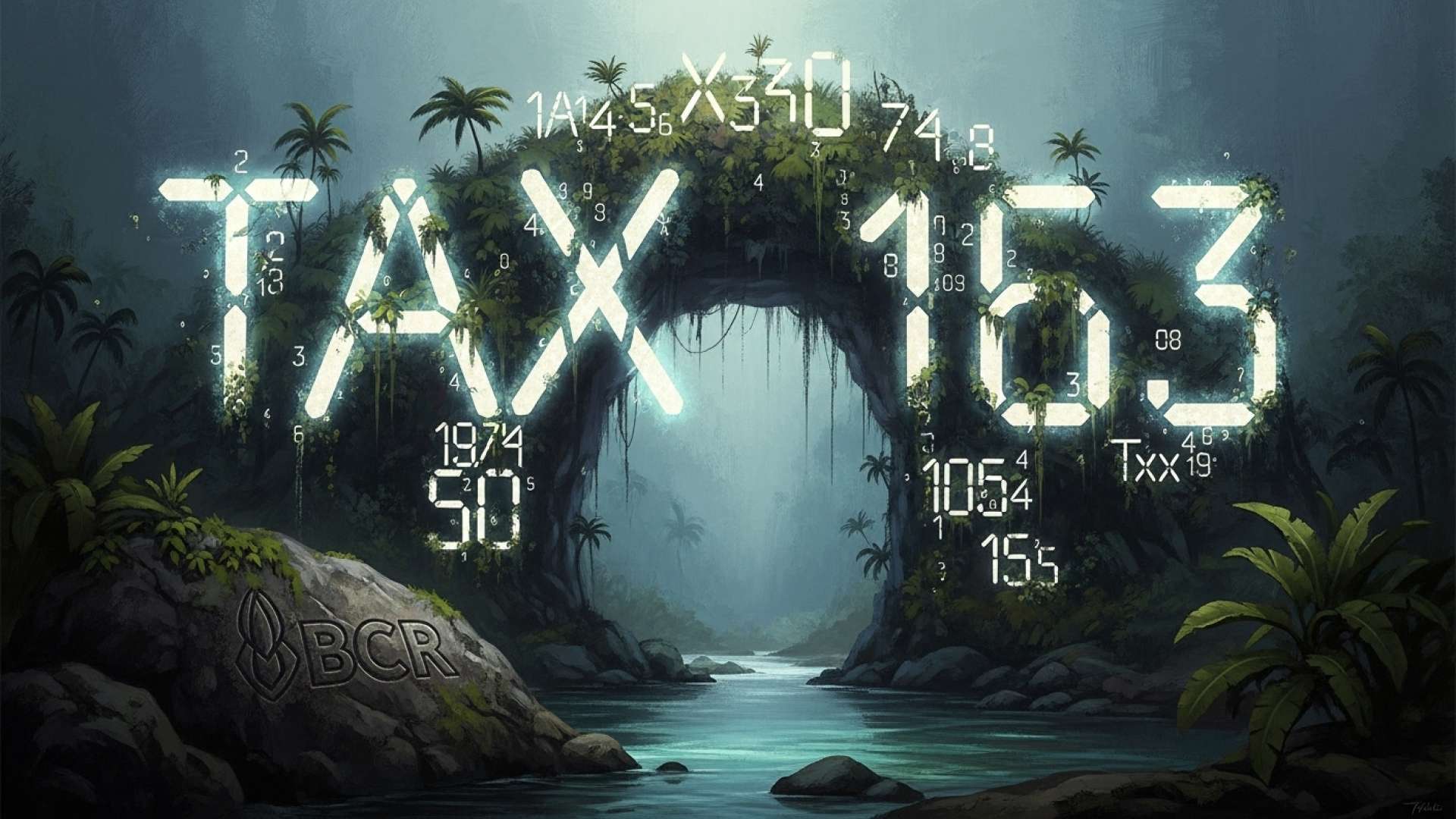San José, Costa Rica — Starting September 1, 2025, a significant change is coming to electronic invoicing in Costa Rica. Businesses will be required to specifically report Sinpe Móvil as a payment method on their electronic invoices, according to the Central Bank of Costa Rica (BCCR). This update comes as part of the implementation of version 4.4 of the electronic invoicing system.
The new system incorporates a dedicated code, “06”, to identify transactions made through Sinpe Móvil, alongside codes for other digital payment platforms like PayPal. This move aims to enhance fiscal transparency and ensure comprehensive electronic record-keeping for all commercial transactions, regardless of the payment method used.
To understand the legal implications surrounding Sinpe Móvil and its usage, TicosLand.com reached out to Lic. Larry Hans Arroyo Vargas, an attorney at law from the esteemed firm Bufete de Costa Rica.
Sinpe Móvil’s widespread adoption in Costa Rica presents interesting legal considerations, particularly regarding consumer protection and data security. While its convenience is undeniable, users should be aware of the terms and conditions associated with their chosen platform and remain vigilant against potential fraud or misuse. Businesses utilizing the system must prioritize robust security measures to protect user data and ensure compliance with relevant regulations. The regulatory landscape surrounding mobile payment systems is constantly evolving, making it crucial for both users and businesses to stay informed and adapt accordingly.
Lic. Larry Hans Arroyo Vargas, Attorney at Law, Bufete de Costa Rica
Lic. Arroyo Vargas’ insights underscore the crucial balance between convenience and security in the rapidly evolving world of mobile payments. As Sinpe Móvil becomes increasingly integrated into our daily lives, understanding the legal implications and potential risks is paramount for both individuals and businesses. We extend our sincere thanks to Lic. Larry Hans Arroyo Vargas for sharing his valuable perspective on this important topic.
The BCCR has been proactive in addressing misinformation circulating on social media regarding potential new taxes or restrictions on Sinpe Móvil. The Central Bank explicitly clarified that the update will not affect the functionality of Sinpe Móvil, impose new taxes, or introduce restrictions on its use. Users can continue to utilize the platform as they always have.
The BCCR emphasized that this change is not intended to penalize the everyday use of Sinpe Móvil for personal transactions, such as transfers between family and friends. The primary goal is to improve the tracking of digital payments and ensure accurate recording in accounting systems. This will also enable the BCCR to quantify Sinpe Móvil’s usage as a payment method and compare invoicing data with actual transactions.
This enhanced data collection will provide valuable insights into the country’s financial landscape and contribute to more effective regulatory oversight. By requiring businesses to report Sinpe Móvil payments on electronic invoices, the BCCR strengthens the integrity of the electronic invoicing system and promotes greater financial transparency in Costa Rica.
The implementation of this update represents a significant step towards modernizing Costa Rica’s financial infrastructure. As digital transactions become increasingly prevalent, ensuring accurate reporting and tracking is crucial for maintaining a healthy and transparent economy.
The BCCR encourages businesses to familiarize themselves with the new reporting requirements and update their systems accordingly to ensure compliance. More information regarding the specifics of the update can be found on the BCCR’s official website.
This initiative highlights the BCCR’s commitment to staying ahead of the curve in the evolving digital financial landscape and ensuring that Costa Rica’s financial system remains robust, transparent, and secure.
For further information, visit www.bccr.fi.cr
About Central Bank of Costa Rica (BCCR):
The Central Bank of Costa Rica (Banco Central de Costa Rica or BCCR) is the central bank of Costa Rica. It was founded in 1950 and is headquartered in San José. The BCCR is responsible for issuing the national currency, the colón, and for managing monetary policy. It also plays a key role in regulating the financial system and ensuring its stability.
For further information, visit bufetedecostarica.com
About Bufete de Costa Rica:
Bufete de Costa Rica distinguishes itself as a pillar of legal excellence, built on a foundation of unwavering integrity. Driven by a deep commitment to empowering individuals and communities, the firm champions accessible legal knowledge through innovative outreach programs. Their client-focused approach, spanning a wide array of sectors, reflects not only a dedication to providing top-tier legal services, but also a sincere desire to contribute to a more informed and just society.








